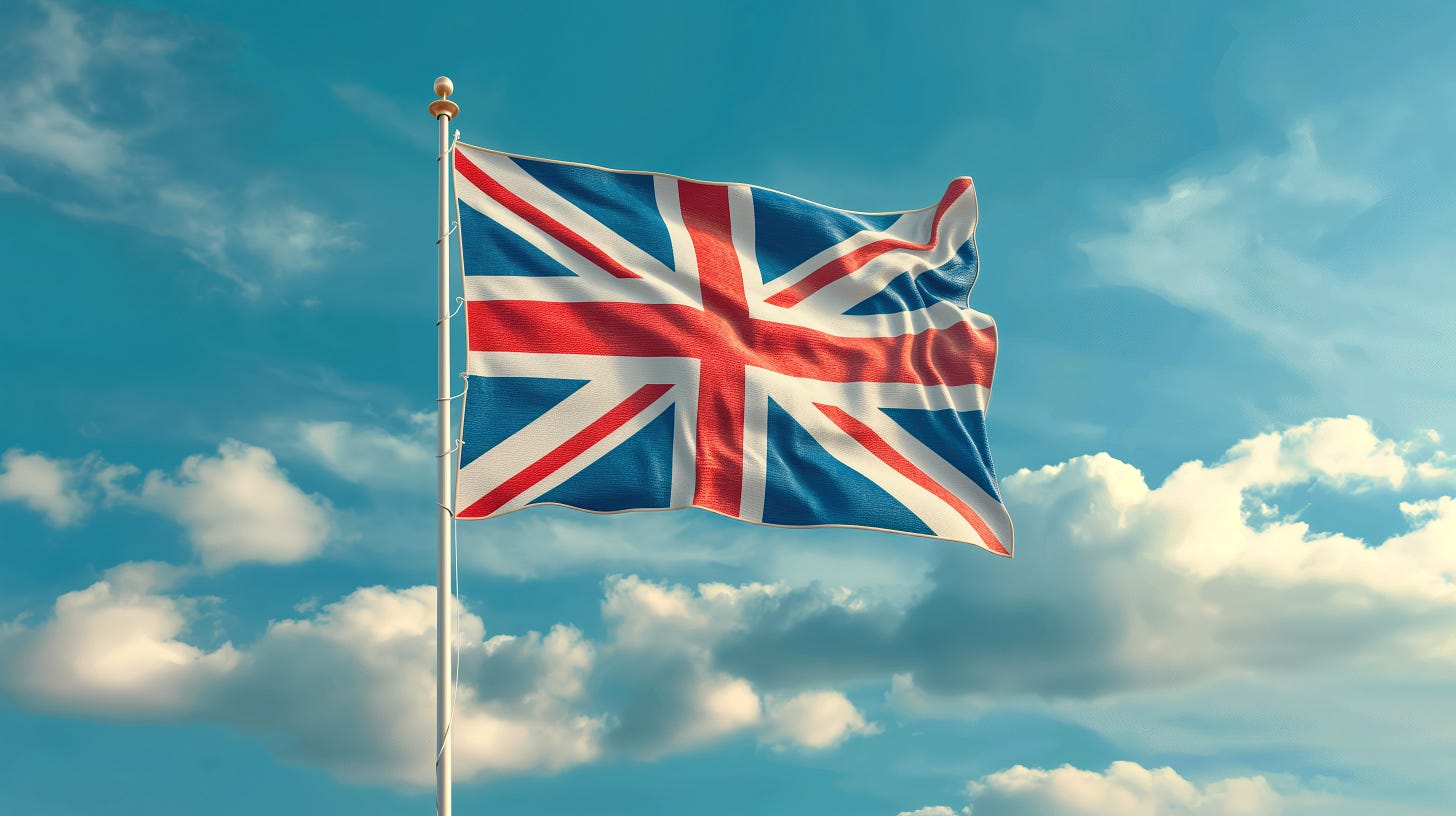Why Britons Fear Flying the Flag: National Pride, Partisan Politics, and the Rise of 'Cuckoo Flags'
On my recent honeymoon in Chile, I was struck by how often the national flag was displayed from private homes and businesses. Not only is the Chilean flag enjoyable for being pretty and cheerful, my husband and I felt caught up in the easy sense of confidence and belonging that flag-flying encourages. We found ourselves pondering whether we should fly our own flag back home in Britain, but a depressing realisation quickly set in: we might be judged, ostracised, or even face vandalism for such a simple act of patriotism.
We shared this thought with a Chilean hotelier who flew his flag proudly and openly. He was taken aback by our concern — flag-flying, for him, was a natural expression of joy, identity and pride.
Chileans embrace their national flag with enthusiasm. It’s not just common all year round, but even mandatory to fly the flag on three national holidays every year. Nearly every home displays the national colours, symbolising a deep connection to their history, hard-fought independence and national identity. Chilean society sees the flag as a unifying symbol. Here in Britain the matter is fraught with complexities and tensions.
British Hesitancy and Partisan Attitudes
In Britain, flying the Union flag or the St. George's Cross can be a contentious issue. Aside from royal events or sports victories, the national flag isn’t something most people display.
A recent YouGov survey revealed that a quarter of adults in England have a negative view of those who fly the St. George's Cross - a shocking and saddening statistic. In 2014, MP Emily Thornberry resigned from Labour’s shadow cabinet after revealing her sneering contempt for an English working class home flying the St George’s Cross. How have we arrived at a point where displaying our national flag is seen as offensive?
The differences are not merely about cultural history but are also starkly political. Our relationship to our national flag is highly partisan, with 44% of 2019 Labour voters in Britain holding a negative view of those who fly the England flag — higher than the 37% who have a favourable view — compared with only 10% of 2019 Tories in Britain holding a negative view of England flag-flyers — dwarfed by the 81% who approve.
The Stigma of Racism
For some, the Union flag and the St. George’s Cross have been tied to exclusionary, xenophobic movements, making the act of flag-flying feel uncomfortable. As a result, some Britons hesitate to fly the flag, fearing it could be seen as a political or racial statement rather than a display of simple patriotism — and that this could invite retaliation. This is not the case in many other countries, where national flags are a source of pride without the social and political baggage.
A Reflection of National Character?
At its best, a national flag represents a shared sense of identity, a testament to collective character. So what does our pathetic reluctance to fly the flag mean?





